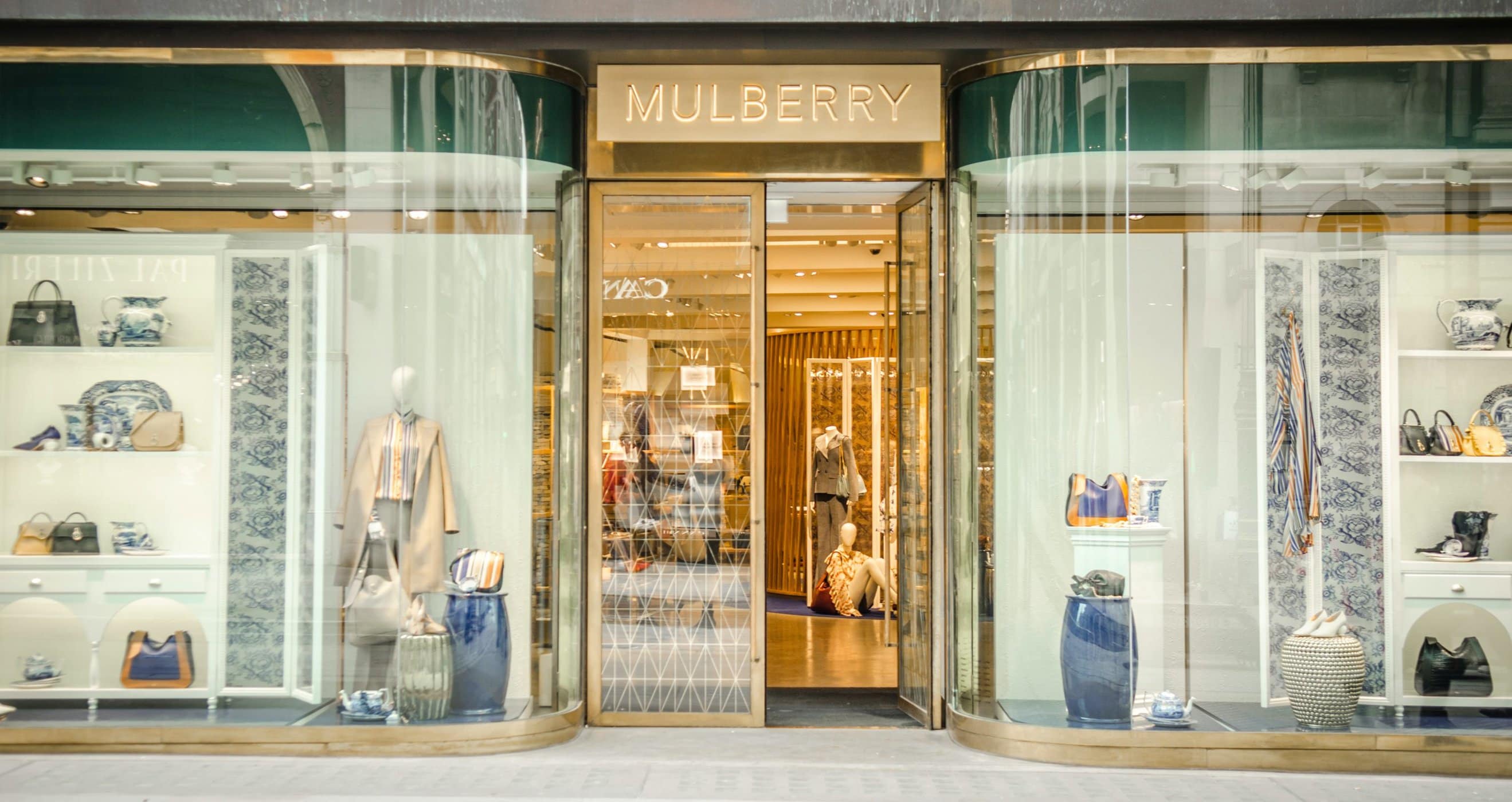New CEO Andrea Baldo Is Set to Cut Prices and Streamline Corporate Structure in a Strategic Repositioning
Mulberry Group Plc, the British luxury handbag maker, is focusing on strategic changes to revive its business amid declining sales and widening losses. The company’s new CEO, Andrea Baldo, has outlined plans to reposition Mulberry as a more accessible luxury brand, targeting customers seeking affordable high-end products.
Baldo, who joined in September after leading Danish fashion brand Ganni, aims to broaden Mulberry’s appeal by pricing 60% of its products below the flagship Bayswater bag, which retails for £1,095 ($1,383).
The company reported a pretax loss of £15.7 million ($19.9 million) for the first half of the year, compared to £12.8 million in the same period last year. Revenue dropped 19% to £56.1 million, with retail sales in the UK—its largest market—falling 14% due to weak consumer confidence. International retail sales also declined 17%, driven by a 31% drop in the Asia Pacific region, where challenges in China and South Korea weighed heavily.
Despite these setbacks, Mulberry highlighted areas of resilience. Digital sales grew to 33% of group revenue, with UK online sales rising 6%. The company also reported stronger full-price sales, which accounted for 78% of retail sales globally, compared to 77% last year.
Mulberry is cutting 85 corporate roles and renegotiating debt facilities to stabilize its finances. Baldo has implemented measures to streamline operations, reduce costs, and optimize inventory levels. “Though I’ve only been in the role of CEO for under three months, the first-half results illustrate the clear need to reprioritise and rebuild the business,” he said.
Under his leadership, Mulberry plans to refocus on its British heritage while exploring international opportunities. New product launches, including the Soft Bayswater and Islington Bucket bags, and collaborations with designers such as Rejina Pyo and Eleventy, aim to renew customer interest. Baldo emphasized that the company is also strengthening its presence with luxury wholesale partners to ensure it reaches its target audience effectively.
The company’s challenges come amid macroeconomic pressures, including inflation and volatile consumer sentiment, which have impacted the global luxury market. Analyst Julie Palmer from Begbies Traynor noted, “Unfortunately, Mulberry’s half-year results do not yet show any signs of a recovery for the embattled luxury retailer. Investors should be quietly optimistic about the arrival of Andrea Baldo as the new CEO. He has an impressive track record at the likes of Ganni and Diesel.”
Palmer also highlighted Mulberry’s pivot away from struggling markets like China as a positive step, adding that the CEO’s back-to-basics approach “sounds promising” but will take time to yield results.
Mulberry expects trading for the full financial year to be heavily dependent on the festive period, with a strong Christmas season critical to reversing its fortunes. While uncertainties remain, the company is optimistic that its repositioning efforts will pave the way for a stronger future.
The strategic review currently underway is set to conclude in December, with further announcements expected in the coming months.
